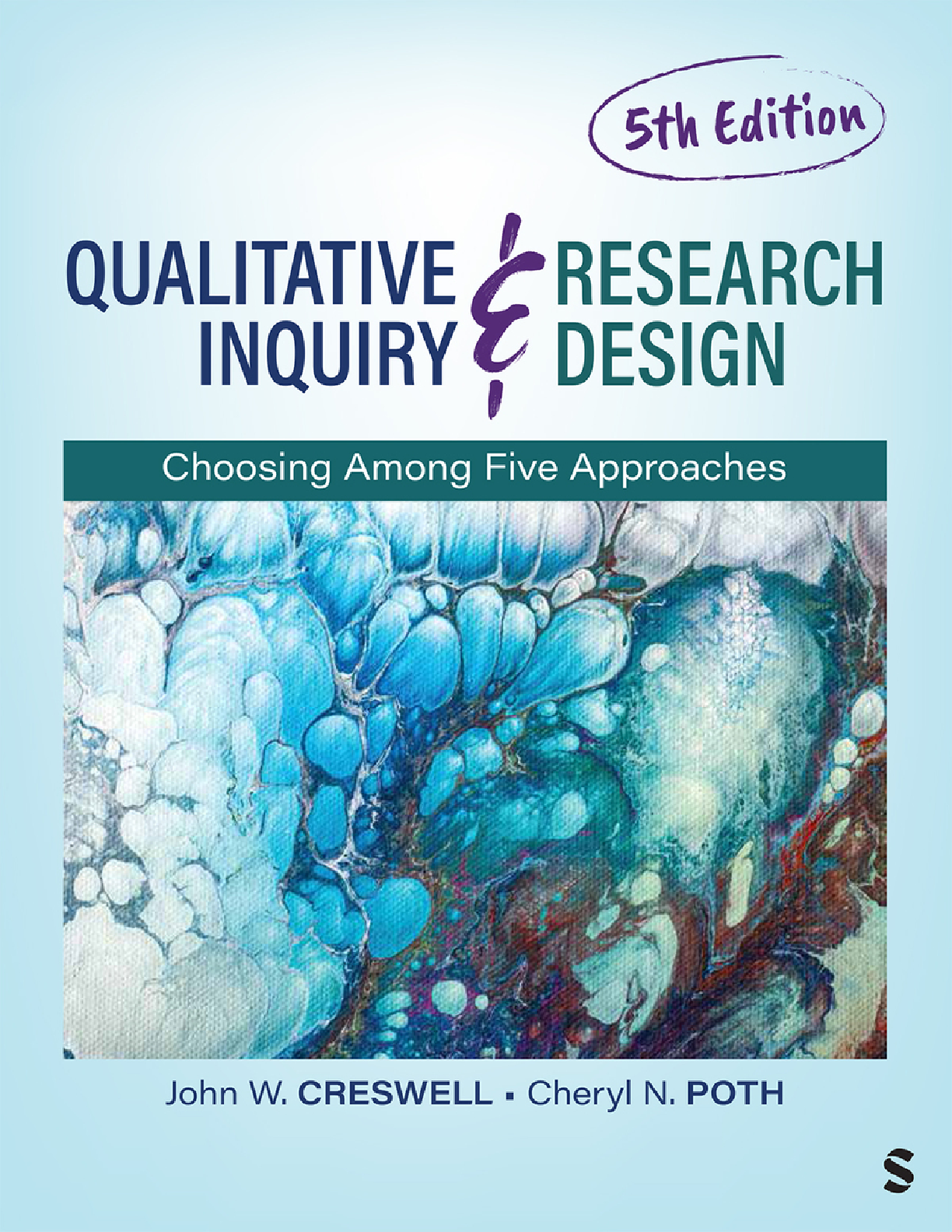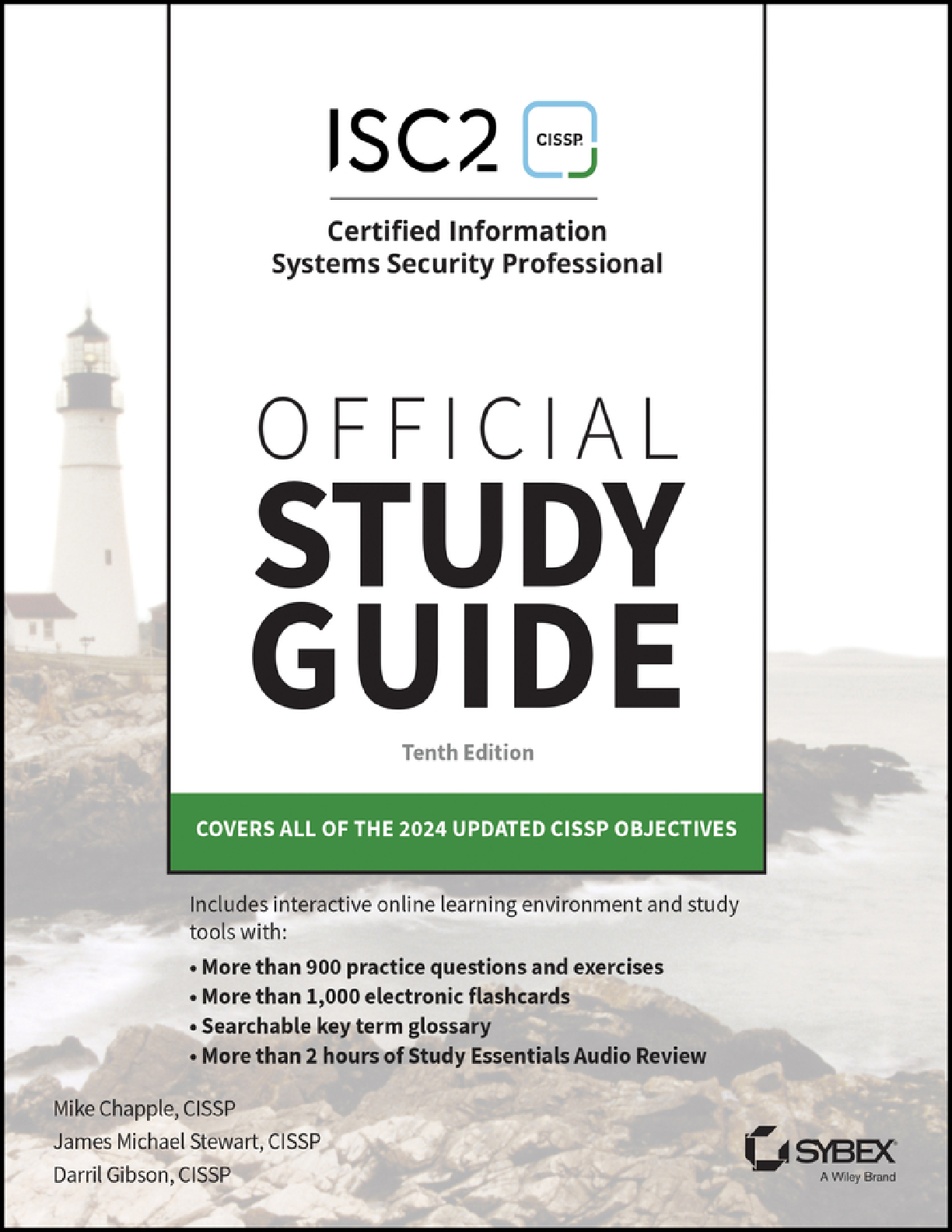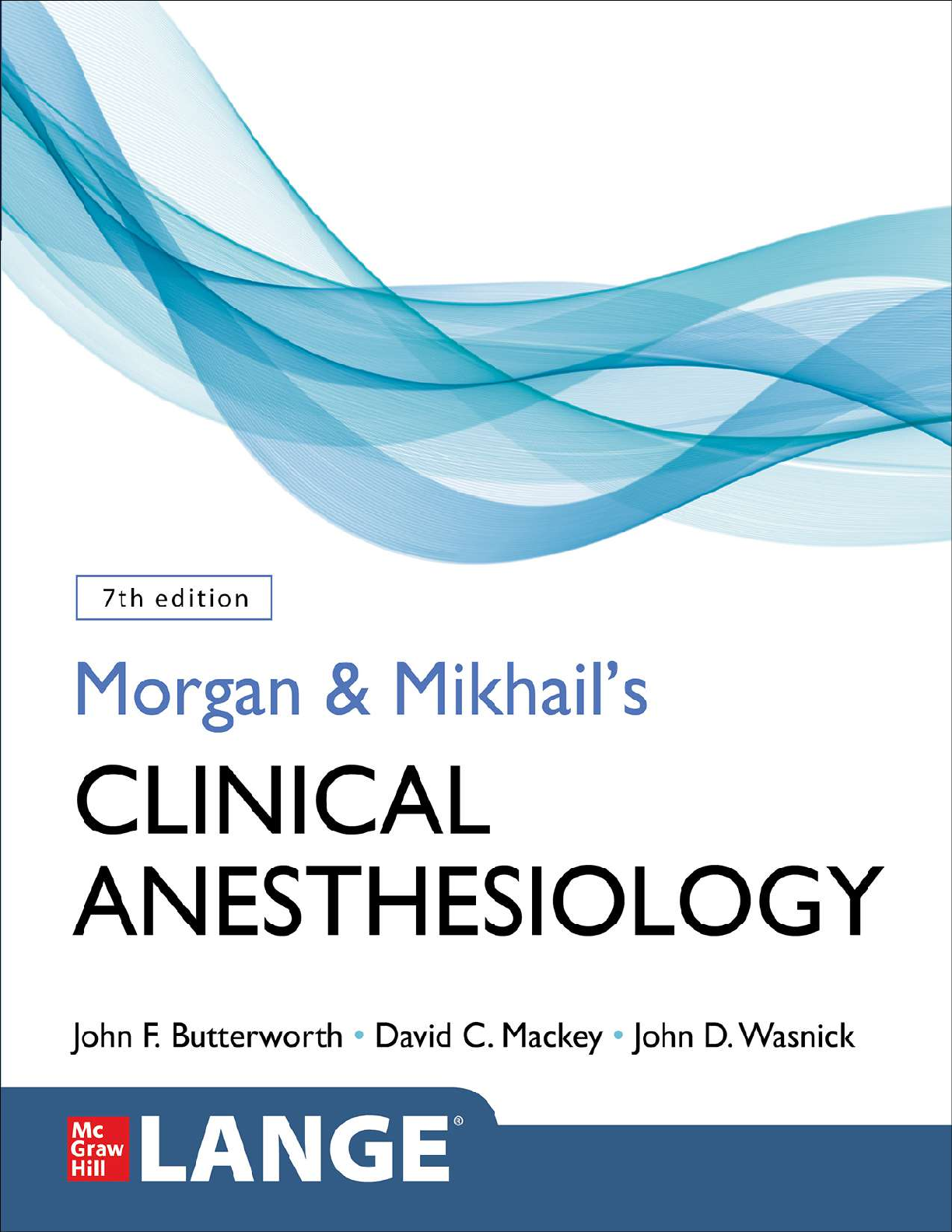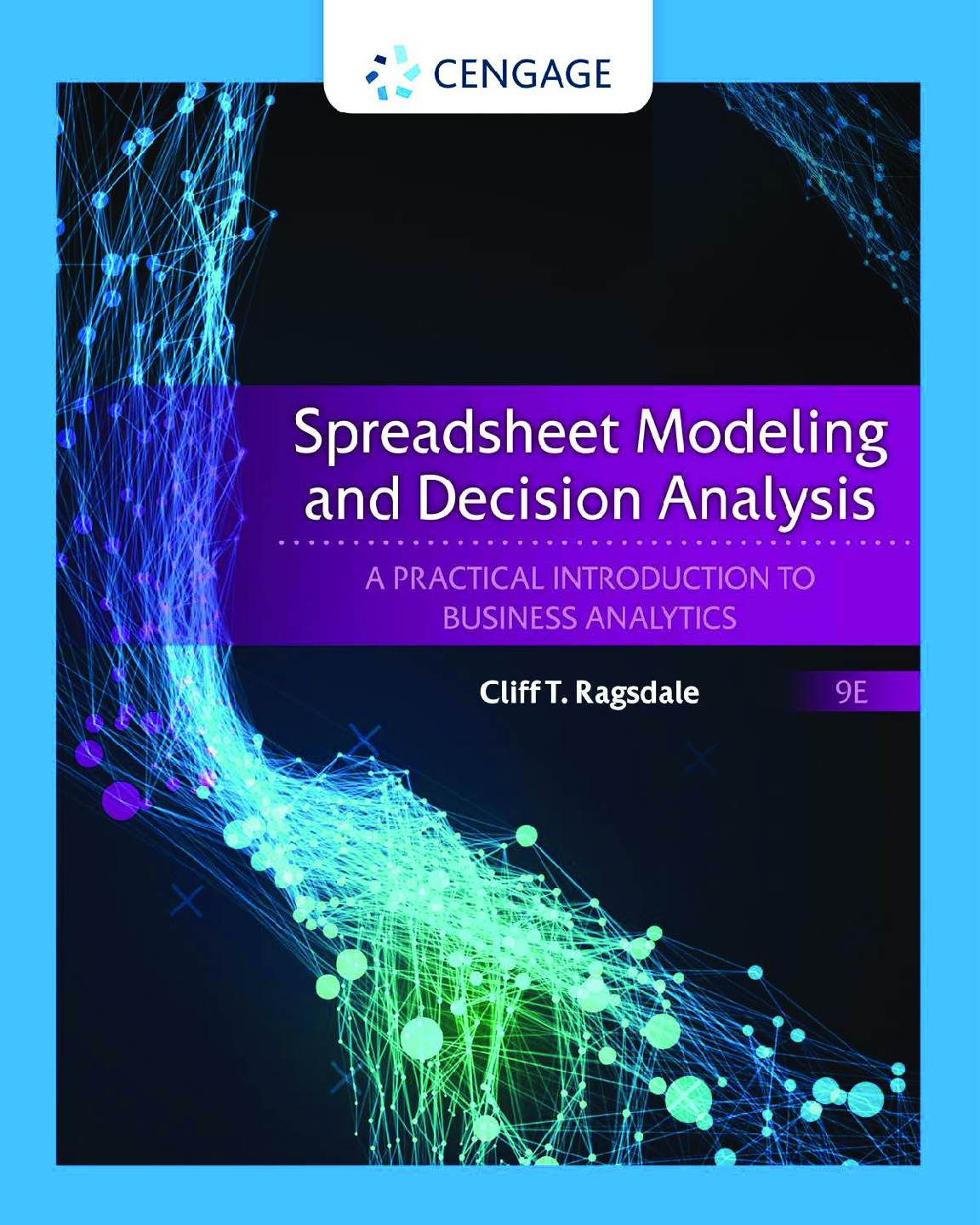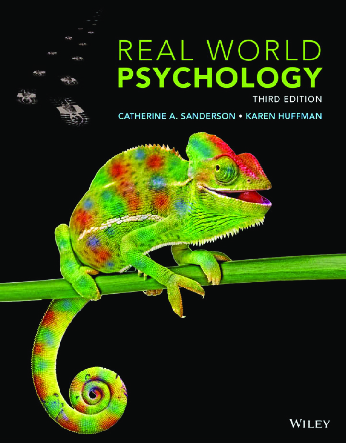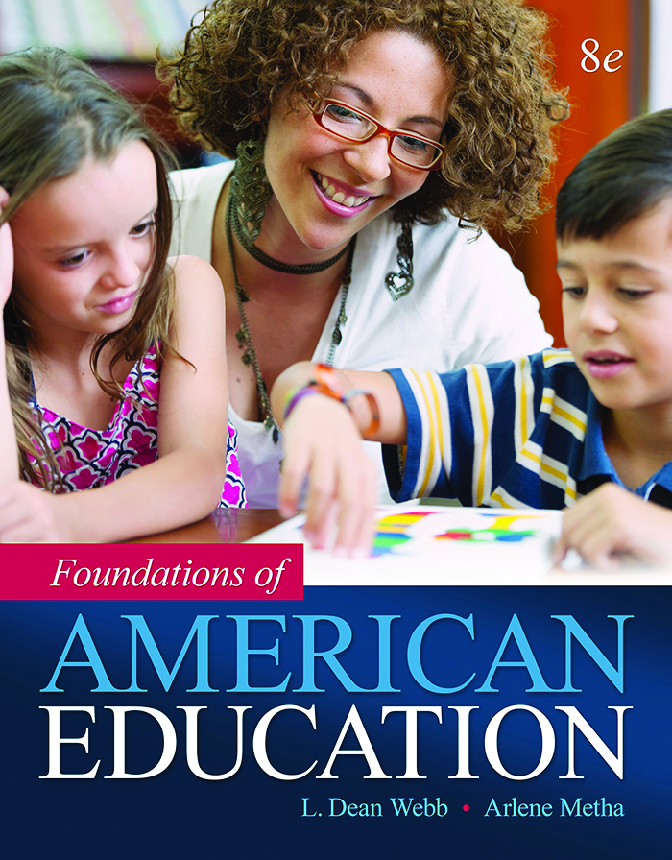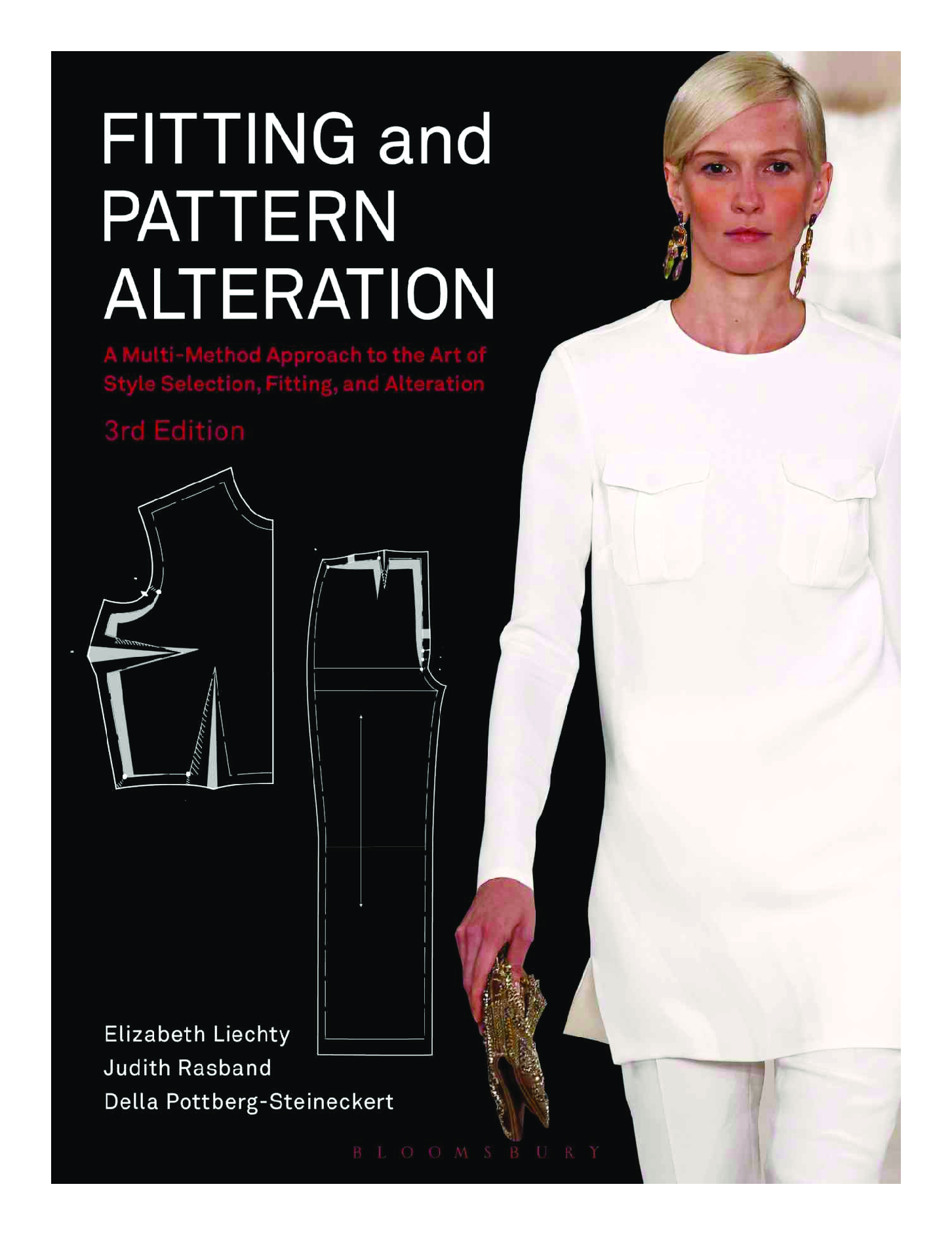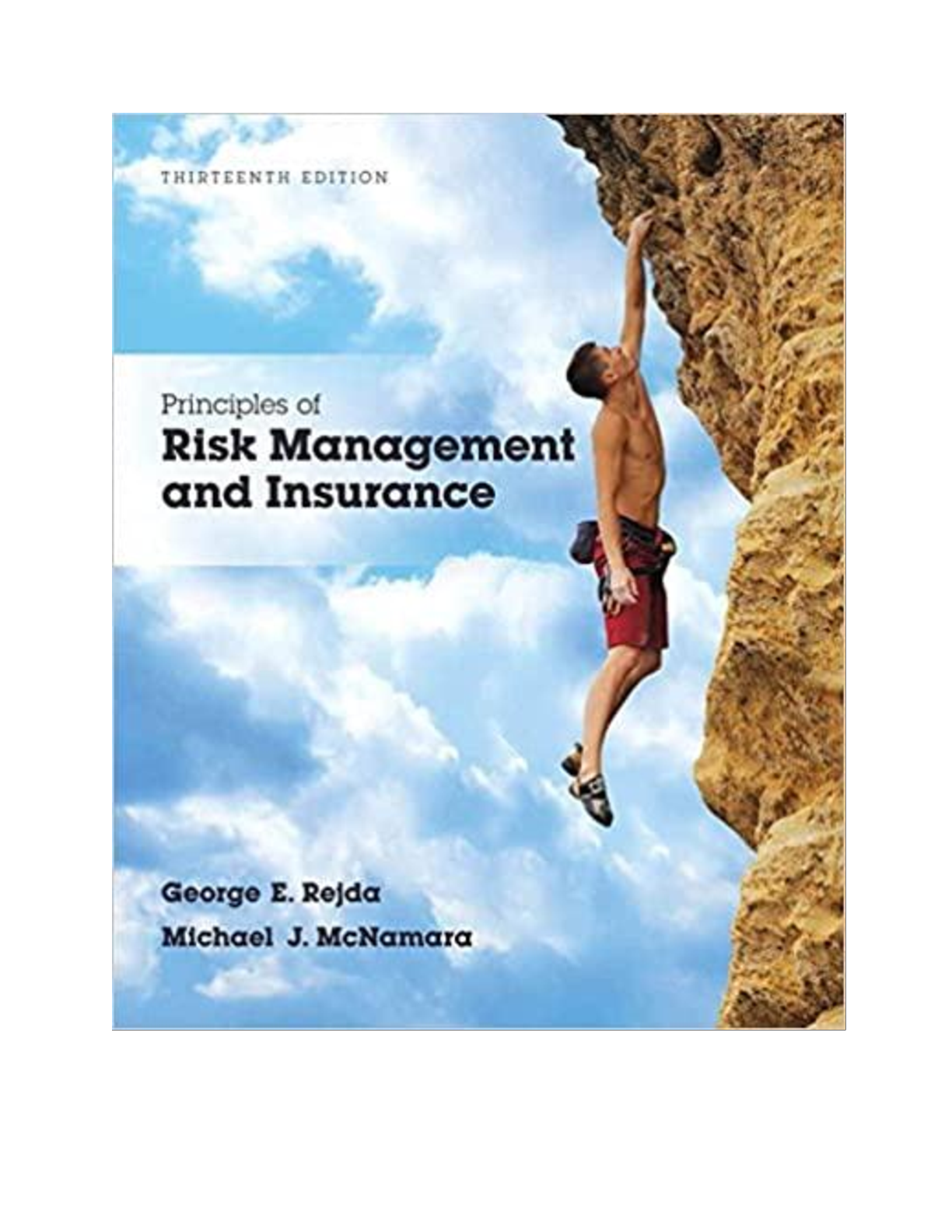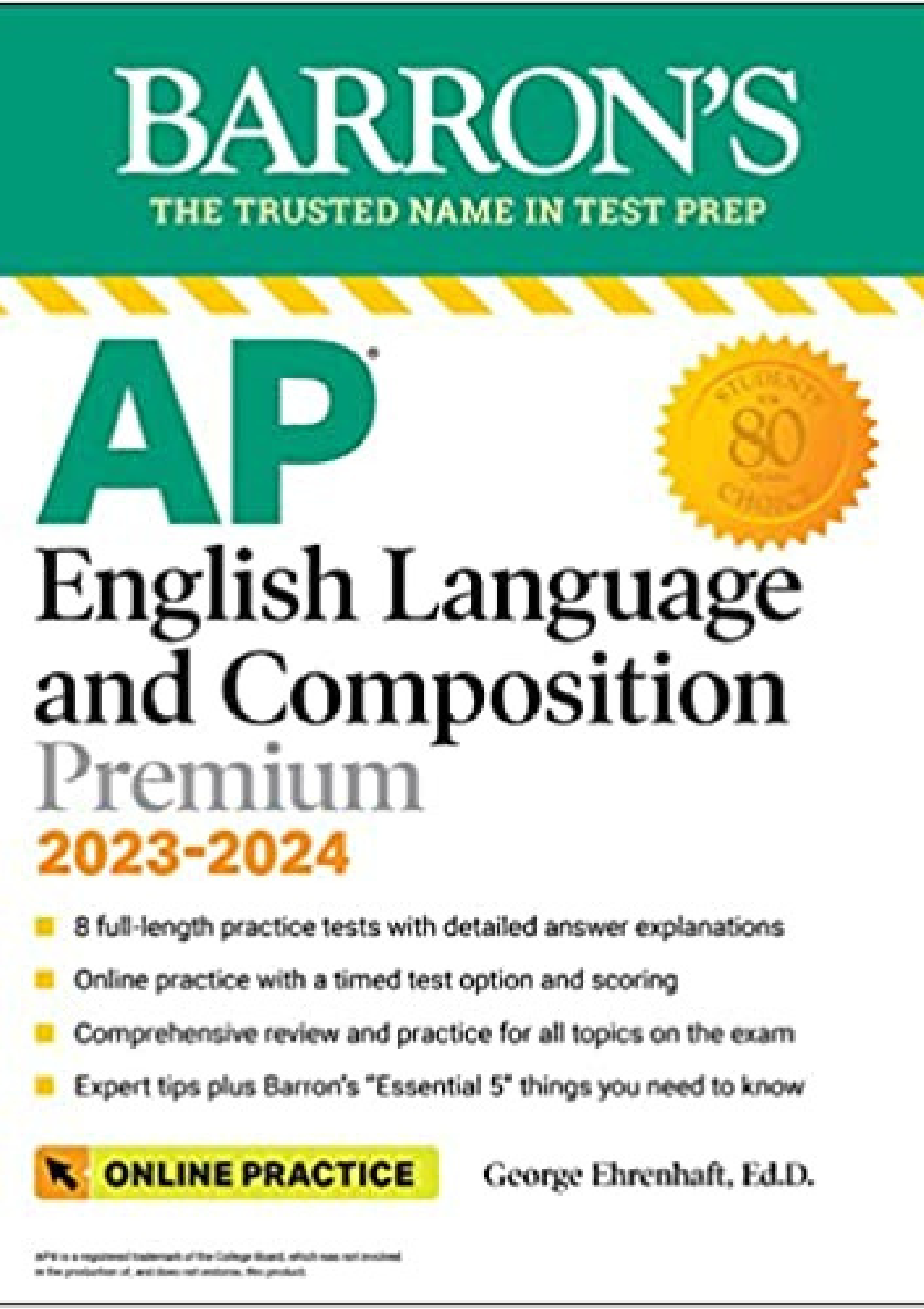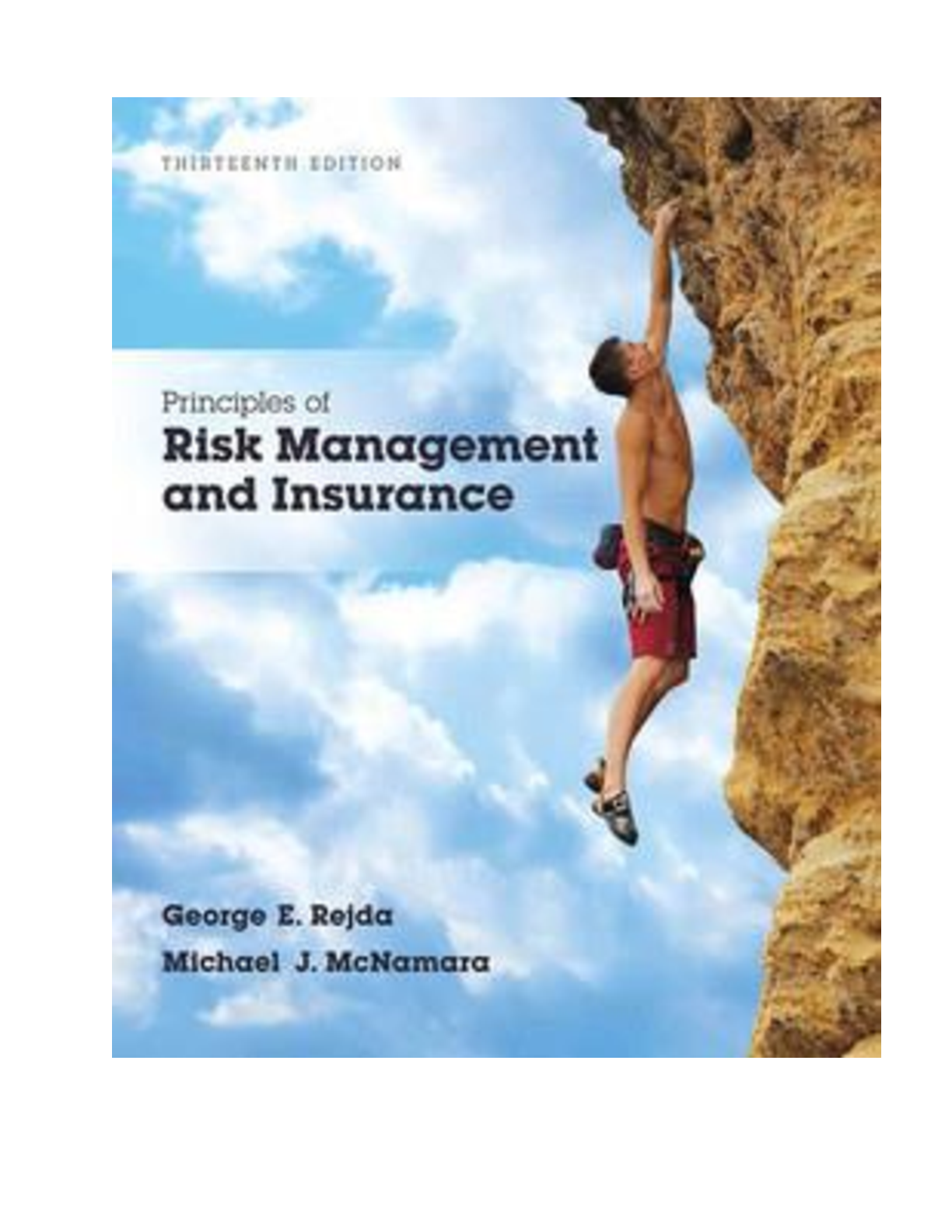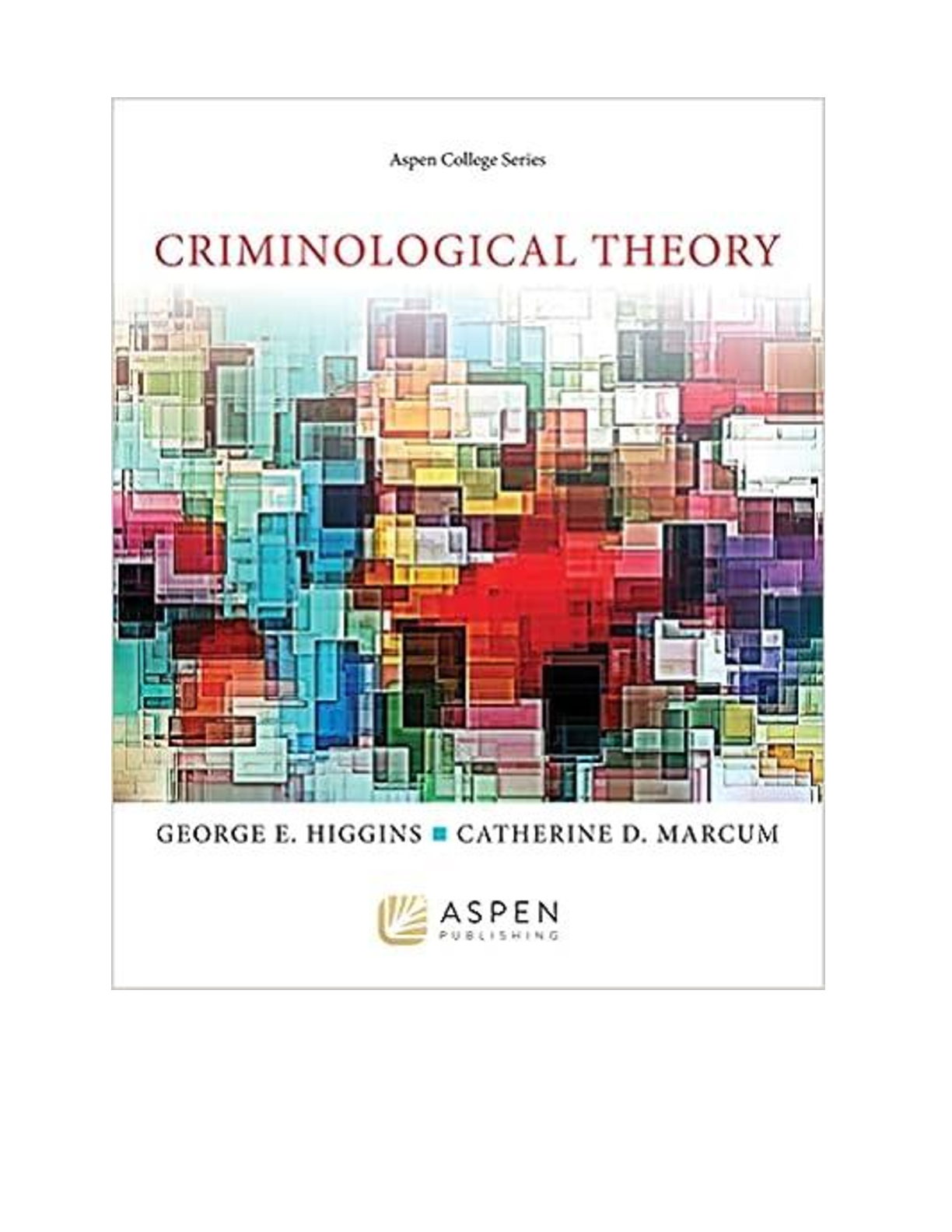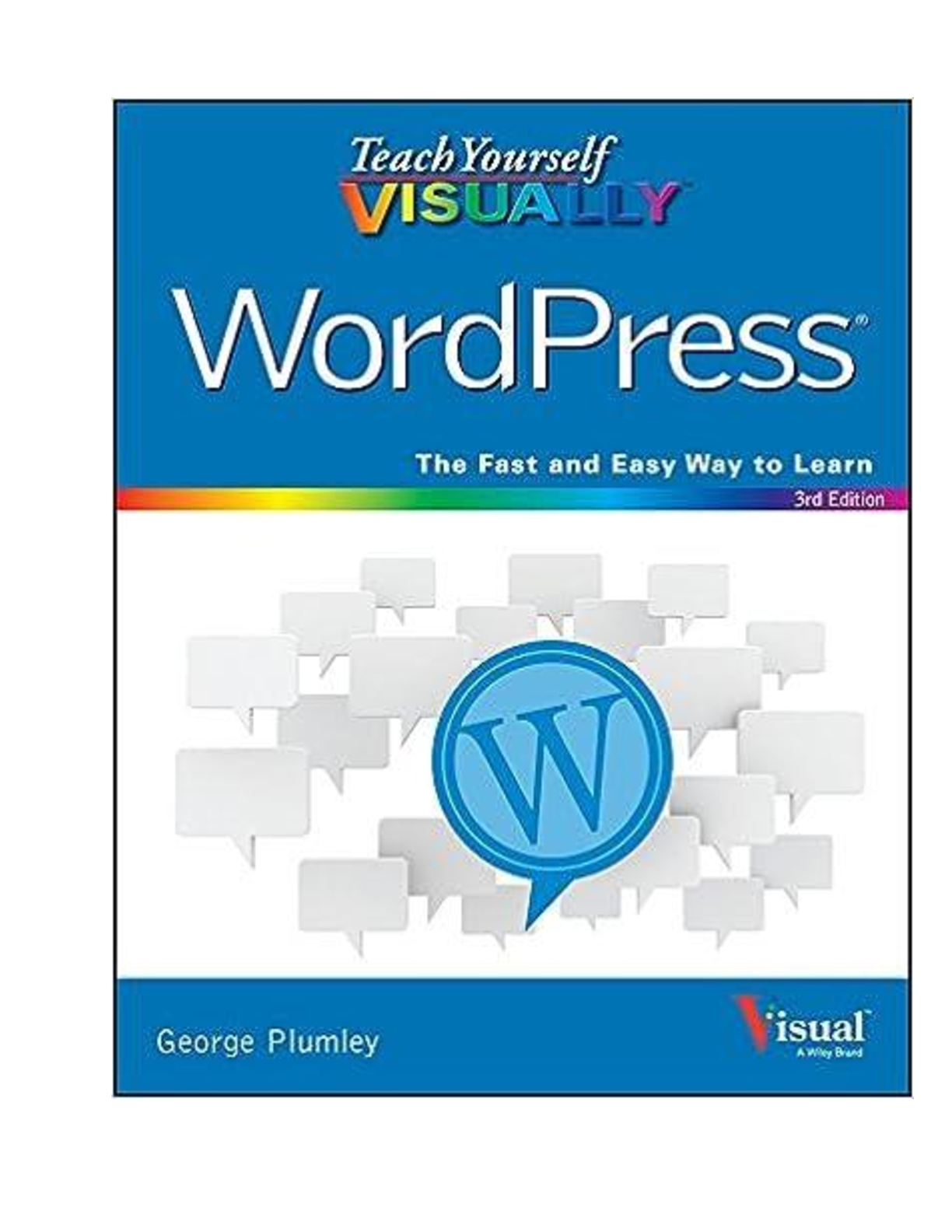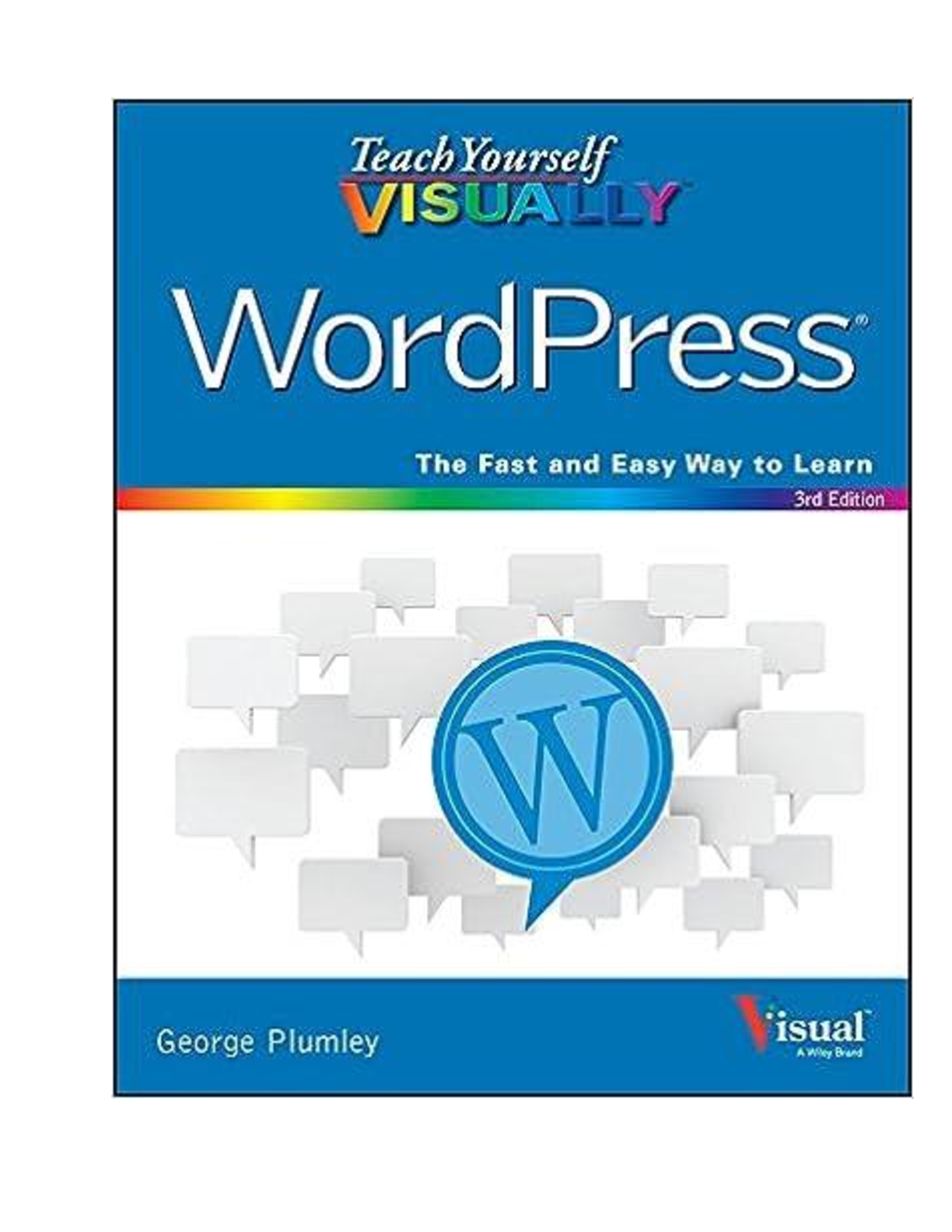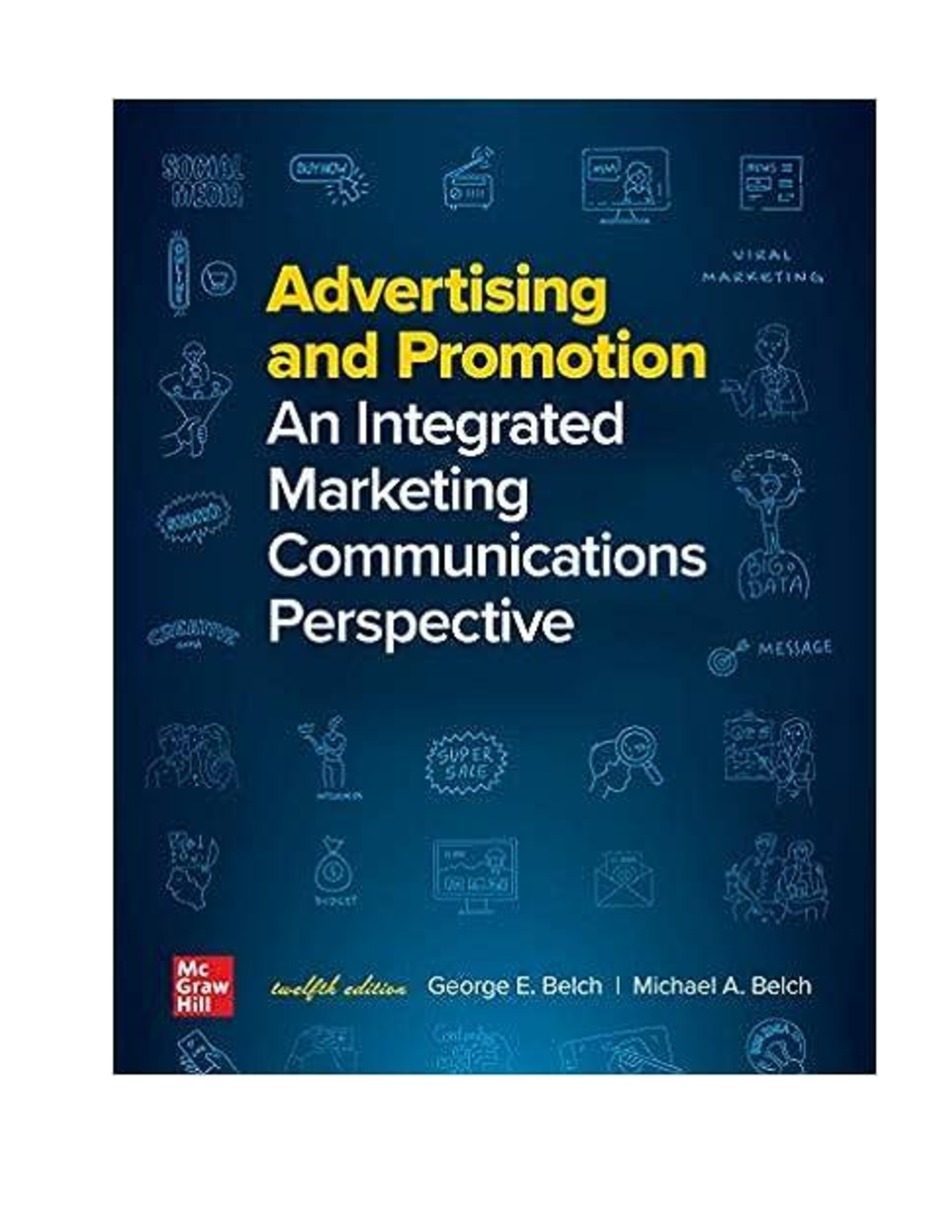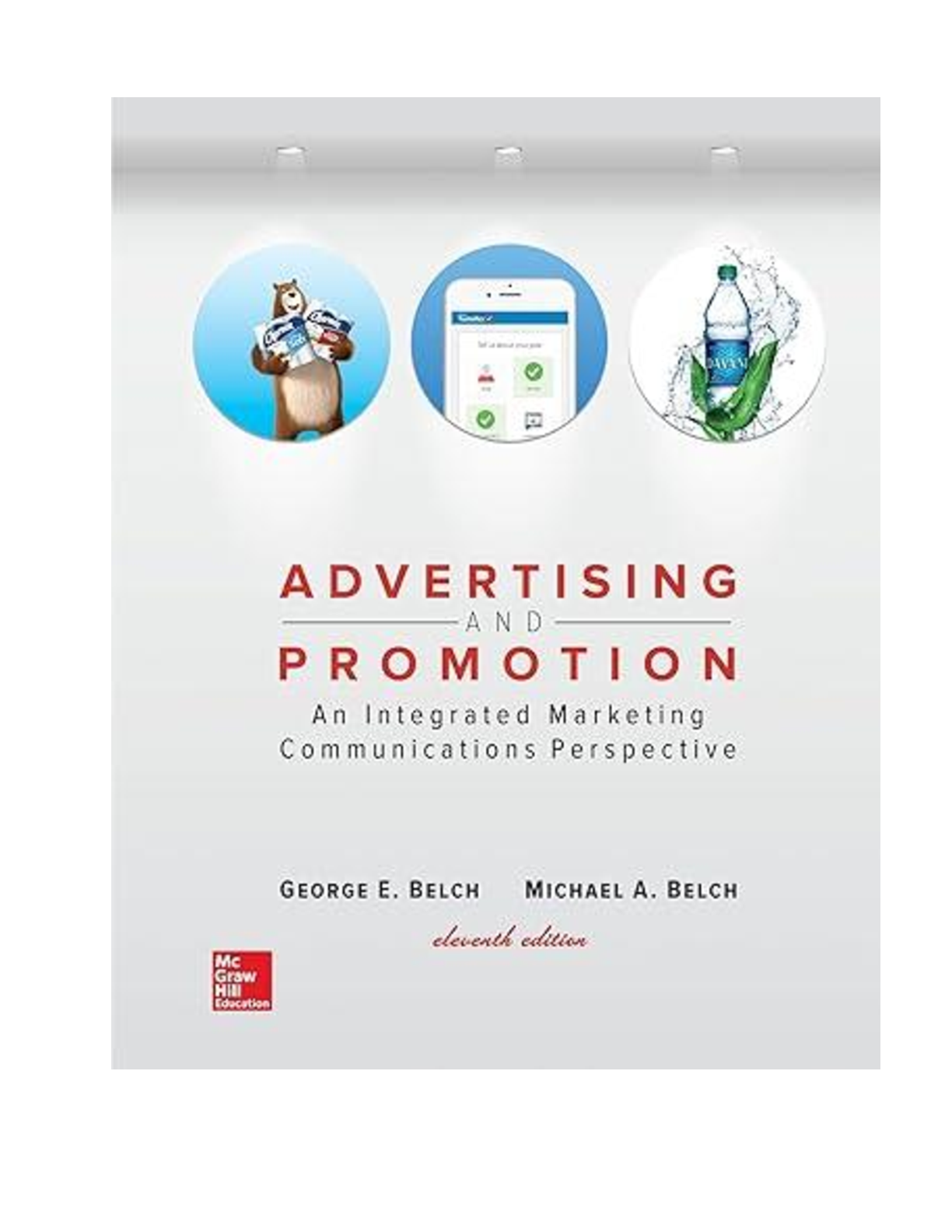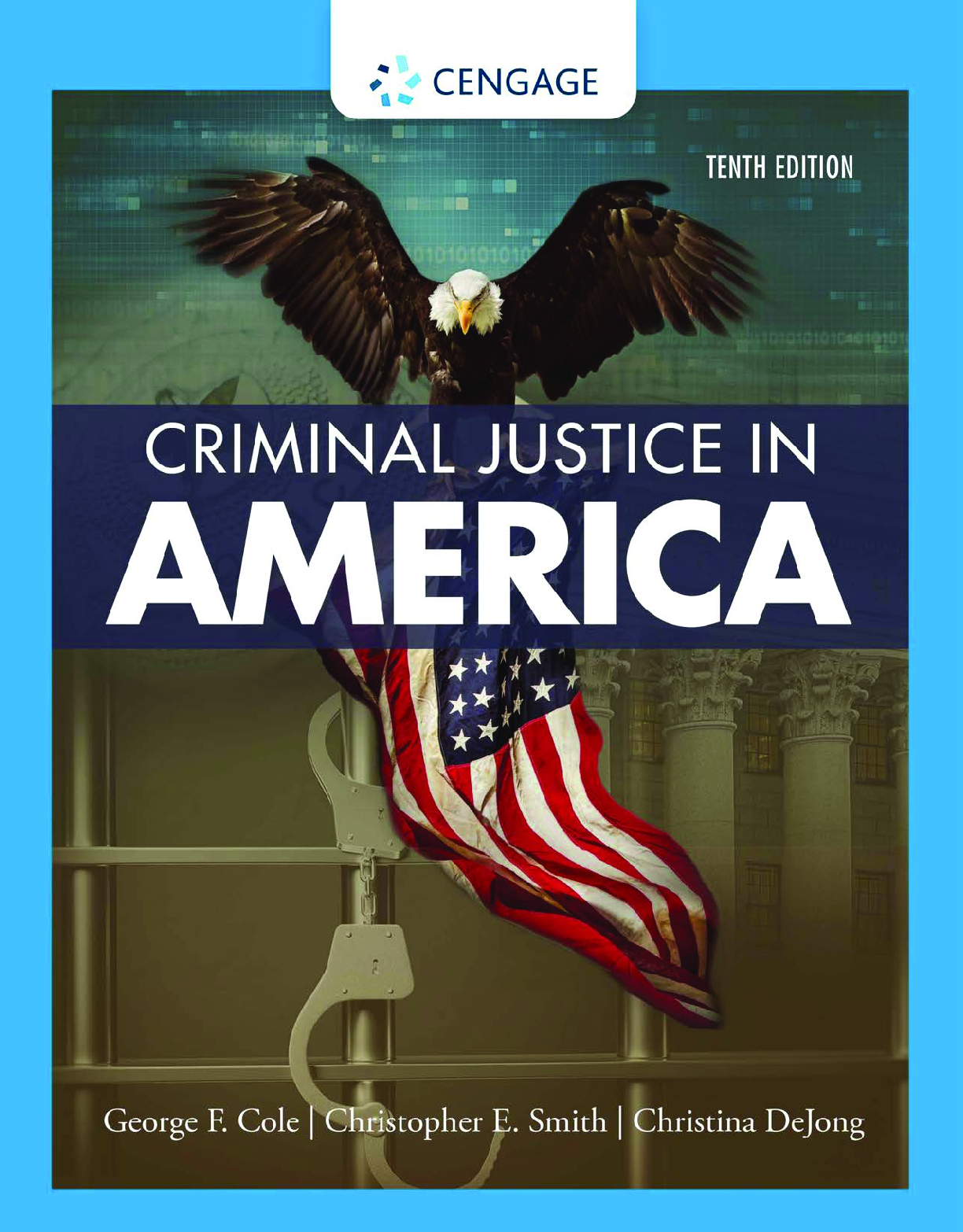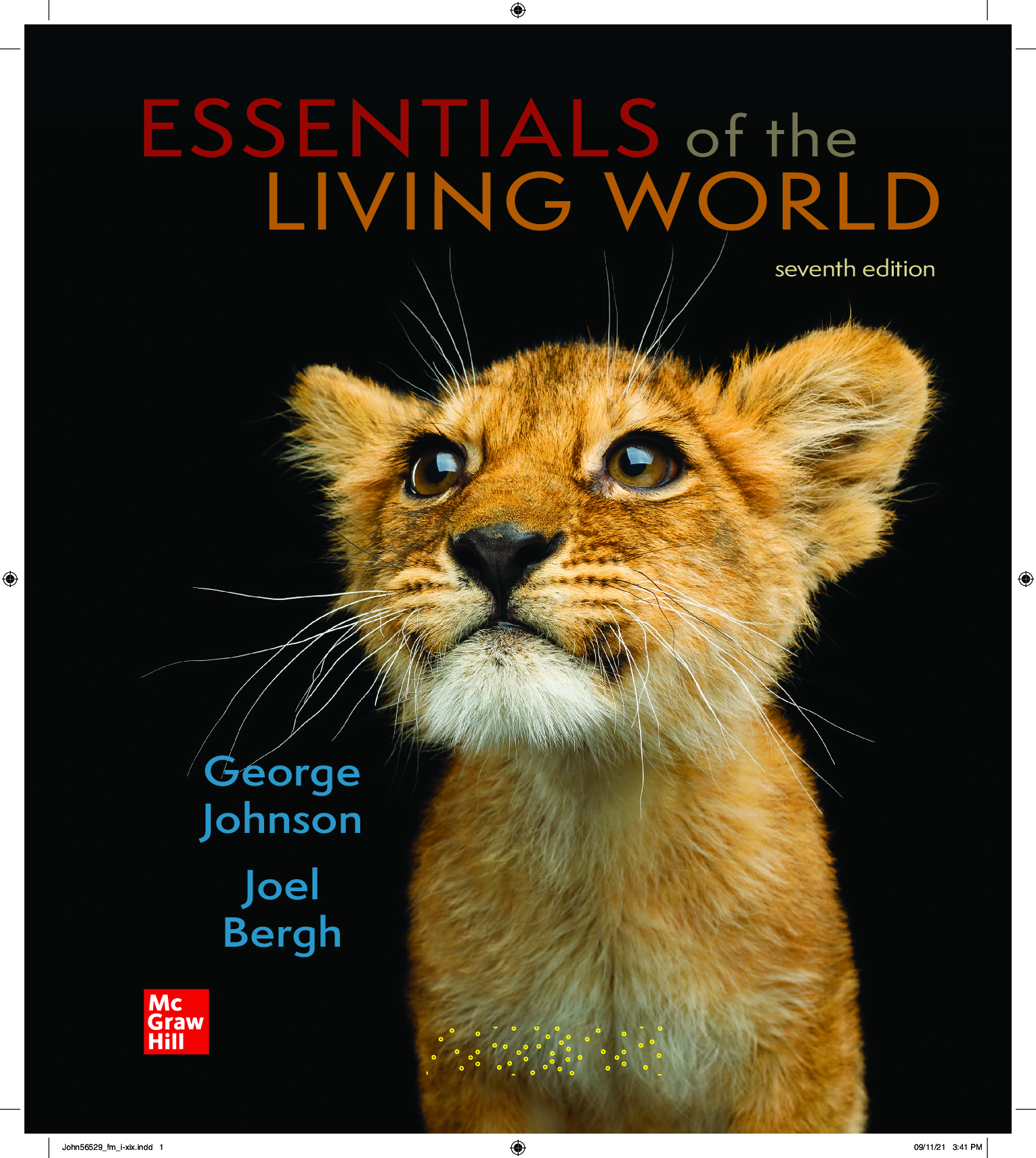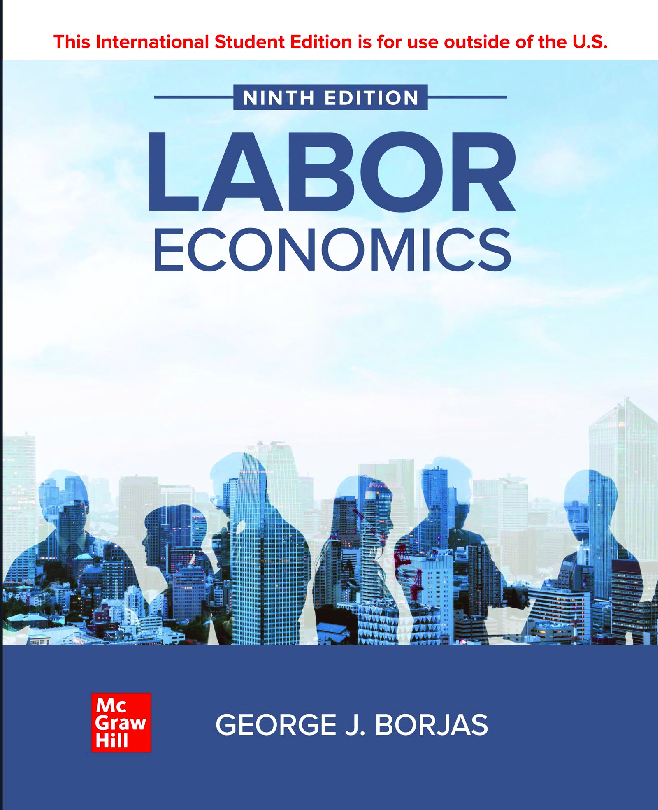Criminology > eBook-PDF > [eBook] [PDF] Criminological Theory, 1st Edition By George Higgins, Catherine Marcum (All)
[eBook] [PDF] Criminological Theory, 1st Edition By George Higgins, Catherine Marcum
Document Content and Description Below
Cover Page Half-Title Page Editorial Advisors Title Page Copyright About Wolters Kluwer Law & Business Dedication Page Summary of Contents Contents Preface About the Authors Chapter 1 - Int... roduction to Criminological Theory Chapter Outline Key Words and Concepts Introduction Sources of Crime Data Uniform Crime Report and National Incident Based Reporting System National Crime Victimization Survey Self-Report Surveys Outline of the Book References Chapter 2 - Classical School Theories Chapter Outline Key Words and Concepts Introduction Early Classical School Modern Deterrence Theory Case Study 2.1: Speedy Trials as a Method of Deterrence Empirical Tests of Deterrence Neoclassical School Rational Choice Theory Routine Activities Theory Policy Implications of Classical School Theories Case Study 2.2: Countering Classical School Case Study 2.3: Target Hardening in Cyberspace Summary Discussion Questions References Chapter 3 - Biological and Psychological Theories Chapter Outline Key Words and Concepts Introduction Biological Theory of Crime Assumptions Biology to Understand the Criminal Lombroso Ferri Garofalo Dugdale Hooten Sheldon Biosocial Criminology Case Study 3.1: The Kray Twins Policy Implications of the Biological School Psychology and Crime Assumptions of Psychological Theories of Crime Progression Through Psychological Theory Freud Personality Theories Cognitive Theory Policy Implications Summary Discussion Questions References Chapter 4 - Social Disorganization Theory Chapter Outline Key Words and Concepts Introduction Origins of Social Disorganization The Criminological Element Revisions of Social Disorganization Theory Empirical Research Policy Implications Case Study 4.1: Too Tough to Fix Broken Windows? Case Study 4.2: Mobilization of Youth Summary Discussion Questions References Chapter 5 - Strain Theories Chapter Outline Key Words and Concepts Introduction Progression of Strain Theory Merton Case Study 5.1: Bernie Madoff Cohen Miller Cloward and Ohlin Agnew Messner and Rosenfeld Empirical Research Policy Implications Case Study 5.2: STARR Summary Discussion Questions References Chapter 6 - Social Learning Theory Chapter Outline Key Words and Concepts Introduction History of Social Learning Theory Progression of Social Learning Theory Pavlov Skinner Bandura Wilson and Herrnstein Contemporary Social Learning Theory Sutherland Burgess and Akers Akers Case Study 6.1: Tech Boyz Heist Policy Implications Summary Discussion Questions References Chapter 7 - Control Theories Chapter Outline Key Words and Concepts Introduction Assumptions of Control Theories Progression of Control Theories Reiss’s Theory of Personal and Social Control Nye Reckless Sykes and Matza Hirschi Contemporary Control Theories Gottfredson and Hirschi Case Study 7.1: Land Surveyor Fined $3,000 for Verbally Abusing ICA Officer Tittle Policy Implications Summary Discussion Questions References Chapter 8 - Labeling Theories Chapter Outline Key Words and Concepts Introduction Progression of Labeling Theory Tannenbaum Becker Case Study 8.1: Impact of Labeling on Juveniles Lemert Braithwaite Case Study 8.2: Disintegrative Shaming? Empirical Research Policy Implications Summary Discussion Questions References Chapter 9 - Conflict and Critical Theories Chapter Outline Key Words and Concepts Introduction Conflict Criminology Development of Conflict Theories Pluralist Conflict Vold Turk Quinney Blalock Case Study 9.1: Racial Profiling Radical Conflict Perspective Critical Criminology Notable Critical Criminologists Young Ferrell Pepinsky and Quinney Policy Implications Summary Discussion Questions References Chapter 10 - Feminist Theory Chapter Outline Key Words and Concepts Introduction Chivalry Hypothesis Progression of Feminist Theory Adler Simon Hagan Messerschmidt Case Study 10.1: Piper Kerman Daly and Chesney-Lind Empirical Research Policy Implications Case Study 10.2: Outward Bound Summary Discussion Questions References Chapter 11 - Integrative Theory Chapter Outline Key Words and Concepts Introduction Theoretical Competition Theoretical Integration Elliot and Colleagues Shaming Krohn’s Network Analysis Life Course Perspective Case Study 11.1: Turning My Life Around Summary Discussion Questions References Glossary Index [Show More]
Last updated: 2 years ago
Preview 1 out of 214 pages

Buy this document to get the full access instantly
Instant Download Access after purchase
Buy NowInstant download
We Accept:

Reviews( 0 )
$25.00
Can't find what you want? Try our AI powered Search
Document information
Connected school, study & course
About the document
Uploaded On
Mar 08, 2022
Number of pages
214
Written in
Additional information
This document has been written for:
Uploaded
Mar 08, 2022
Downloads
0
Views
80

